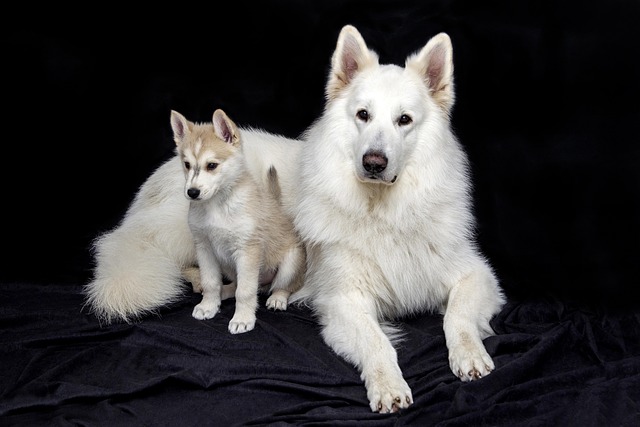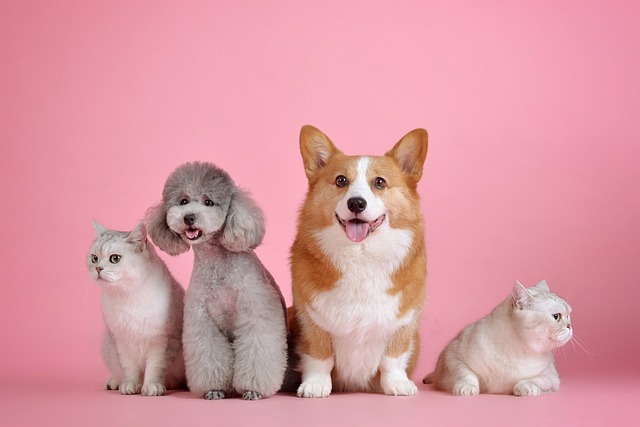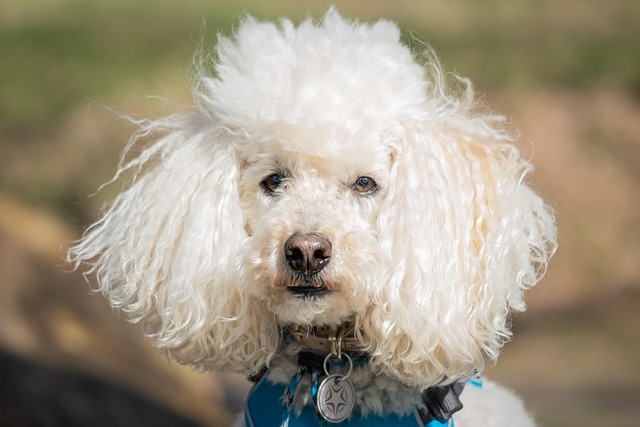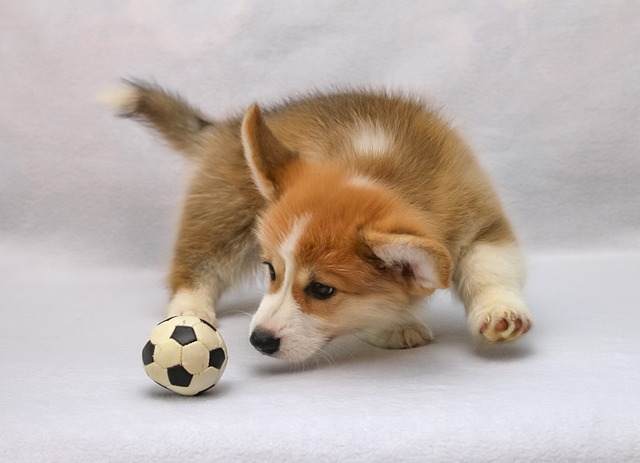The cough of senior dogs is not a simple physiological reaction, but a distress signal from the body. Under the erosion of time, their organ functions gradually decline, and their immunity decreases. Every cough may hide complex causes. In the face of this situation, only with professional knowledge as the cornerstone and gentle emotions as the support can we help these elderly lives relieve pain and return to peace.
The reasons for coughing in senior dogs are intricate, like intertwined silk threads, which need to be carefully combed. From the perspective of changes in physiological structure, with age, the tracheal cartilage gradually calcifies, becomes brittle, and its elasticity decreases, resulting in insufficient airway support and easy coughing. Just like old pipes lose their toughness, they will produce abnormal reactions with a little stimulation. The decline of heart function is also a common factor. When the heart cannot effectively pump blood, causing congestion in the lungs, the dog will try to expel excess fluid in the respiratory tract by coughing. Imagine that the lungs are like a sponge soaked in water. Every breath becomes difficult, and coughing becomes a helpless struggle. In addition, respiratory diseases such as chronic bronchitis, pneumonia, asthma, as well as inflammation of the oral cavity and throat, and even foreign body obstruction may all be the trigger for coughing.
Diagnosing the cause of coughing in elderly dogs is like a delicate detective job. Veterinarians need to understand the frequency, time, and accompanying symptoms of coughing through detailed interviews. For example, if the cough worsens at night, it may be related to heart function; if accompanied by runny nose and fever, it is more likely to be a respiratory infection. During the physical examination, the stethoscope has become an important "weapon". Veterinarians listen to the sounds of the heart and lungs to determine whether there are abnormal murmurs or changes in breathing sounds. Imaging examinations, such as X-rays and ultrasound, can intuitively present the morphology and structure of the lungs and heart, helping to lock in the lesions. Sometimes, laboratory tests such as blood tests and sputum analysis are also required to clarify the type of infection or other potential diseases. Each examination is like a piece of a puzzle. Only by piecing it together can the truth of the disease be restored.
 Treating cough in elderly dogs is a multi-dimensional battle. Treatment plans also need to be precisely customized for different causes. For cough caused by tracheal collapse, drug treatment mainly uses bronchodilators and cough suppressants to help relax tracheal smooth muscles and relieve cough symptoms. However, drug treatment is not a panacea, and weight management is also critical. Obesity increases tracheal pressure and aggravates the degree of collapse, so controlling diet and moderate exercise have become important parts of auxiliary treatment.
Treating cough in elderly dogs is a multi-dimensional battle. Treatment plans also need to be precisely customized for different causes. For cough caused by tracheal collapse, drug treatment mainly uses bronchodilators and cough suppressants to help relax tracheal smooth muscles and relieve cough symptoms. However, drug treatment is not a panacea, and weight management is also critical. Obesity increases tracheal pressure and aggravates the degree of collapse, so controlling diet and moderate exercise have become important parts of auxiliary treatment.
If the cough is caused by heart disease, in addition to using cardiotonic drugs and diuretics to improve heart function, adjusting the diet structure is also crucial. A low-sodium diet can reduce the burden on the heart, just like unloading a heavy burden for a tired heart. The owner needs to carefully check the dog food ingredient list, and even make healthy meals for the dog by hand. Every cooking is full of expectations for its health. For respiratory infections, the rational use of antibiotics is essential, but the liver and kidney functions of elderly dogs are weak, and the drug dosage and course of treatment need to be carefully controlled. During the treatment process, closely monitor the dog's mental state, appetite and defecation, and adjust the treatment plan in time to ensure that the drug is effective without causing additional harm.
In addition to drug treatment, daily care is like warm wings, guarding the elderly dog's road to recovery. Keeping the living environment clean and moist can reduce respiratory irritation. In dry seasons, use a humidifier to increase air humidity so that every breath of air your dog breathes is no longer dry and hot. Clean the doghouse regularly and replace clean bedding to avoid the growth of dust mites and mold. Give adequate rest time and avoid strenuous exercise, but moderate walks can promote blood circulation and enhance cardiopulmonary function. Every time you walk with your old friend and feel its slow but firm steps, it is a precious time. In addition, nutritional supplements should not be ignored. Foods rich in Omega-3 fatty acids, vitamins C and E can enhance immunity and repair damaged tissues. Watching the old dog gradually regain its appetite and actively approach the food bowl, the owner can let go of his worries.
The process of treating cough in elderly dogs is not only a fight against the disease, but also a deep fusion of emotions. Every time you gently comfort your dog when feeding it medicine, every time you are nervous and anxious when observing the symptoms, and every time you are ecstatic when you see improvement, they all witness the deep bond between the owner and the dog. In this battle without gunpowder, professional medical knowledge points the way to treatment, and unyielding love gives the old friend the courage to overcome the disease. When one day, the familiar coughing sound no longer sounds, and is replaced by steady breathing and peaceful sleep, we finally understand that all the efforts have turned into the warmest protection over the years.

 Treating cough in elderly dogs is a multi-dimensional battle. Treatment plans also need to be precisely customized for different causes. For cough caused by tracheal collapse, drug treatment mainly uses bronchodilators and cough suppressants to help relax tracheal smooth muscles and relieve cough symptoms. However, drug treatment is not a panacea, and weight management is also critical. Obesity increases tracheal pressure and aggravates the degree of collapse, so controlling diet and moderate exercise have become important parts of auxiliary treatment.
Treating cough in elderly dogs is a multi-dimensional battle. Treatment plans also need to be precisely customized for different causes. For cough caused by tracheal collapse, drug treatment mainly uses bronchodilators and cough suppressants to help relax tracheal smooth muscles and relieve cough symptoms. However, drug treatment is not a panacea, and weight management is also critical. Obesity increases tracheal pressure and aggravates the degree of collapse, so controlling diet and moderate exercise have become important parts of auxiliary treatment.



